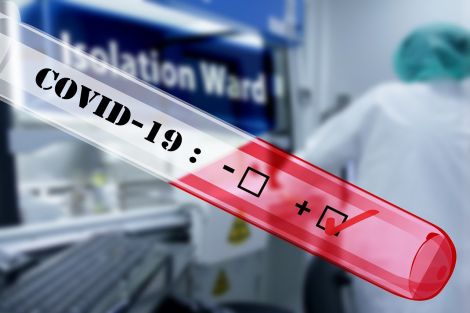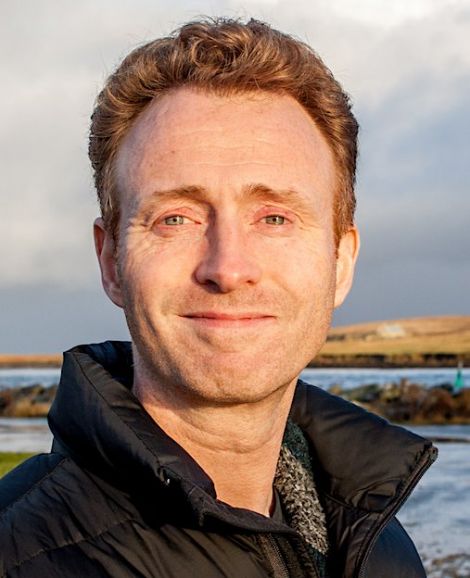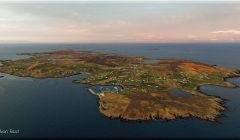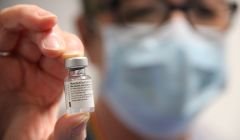Coronavirus / Local salmon sector offers help with Covid-19 testing
But NHS Shetland declines as testing environment does not meet strict national guidelines
NHS SHETLAND has confirmed that they have had “preliminary discussions” with the local salmon farming industry, which had offered equipment and would have considered providing laboratory space for Covid-19 testing, if required and requested by the local health board.
But since testing can only be done in an environment that meets the same criteria as if carried out by the NHS the offer had to be declined, NHS Shetland chief executive Michael Dickson confirmed after Shetland News approached the health board for a response.
Grieg Seafood Shetland managing director Grant Cumming said the company had offered its PCR machine for use by the NHS. A polymerase chain reaction (PCR) machine is an indispensable tool in modern molecular biology.
“We were aware that the real time polymerase chain reaction (PCR) machine, which we use for detecting the presence of fish diseases, could also potentially be used for Covid-19 testing, and thought it was worth checking out whether the equipment would be useful to NHS Shetland,” Cumming said.
The success of the Faroese health authorities in fighting the coronavirus outbreak is widely credited to the Faroese fish farming industry, which was quick to react to the crisis by offering help, and already had relevant testing equipment and expertise in place.
Faroe has the world’s highest number of coronavirus tests carried out relative to its population. More than 11 per cent of the population has been tested. The island group has had no new cases reported for over a week.
Meanwhile, it is hoped that Shetland’s own testing equipment, which arrived in the isles last week, will be operational by the end of this week. So far, over 200 local people have been tested including 78 NHS key workers.
Become a member of Shetland News
Dickson said he was unable to comment on the Faroese experience.
“We haven’t had the opportunity to see how the Faroe Islands have established their testing so we cannot comment if this approach could have been used in Shetland,” he said.
“However, we have now the testing equipment on island and it is in the process of being validated and staff trained.”
Cumming said: “We do however understand that NHS Shetland have to adhere to national guidelines. We are glad to hear that they have found other solutions to increase testing, and we would welcome further dialogue, if there is anything else we can do to help out during these challenging times.”
Dickson added that the local health board was required to adhere to national guideline and was not in a position to act independently.
He said: “As health boards in Scotland we are bound by the same regulatory framework which shapes how we deliver services.
“As a publicly funded and accountable service we simply aren’t in a position to disregard government policy. We have been working closely with mainland boards to maximise testing and expedite results. “
Become a member of Shetland News
Shetland News is asking its readers to consider paying for membership to get additional perks:
- Removal of third-party ads;
- Bookmark posts to read later;
- Exclusive curated weekly newsletter;
- Hide membership messages;
- Comments open for discussion.
If you appreciate what we do and feel strongly about impartial local journalism, then please become a member of Shetland News by either making a single payment, or setting up a monthly, quarterly or yearly subscription.













































































